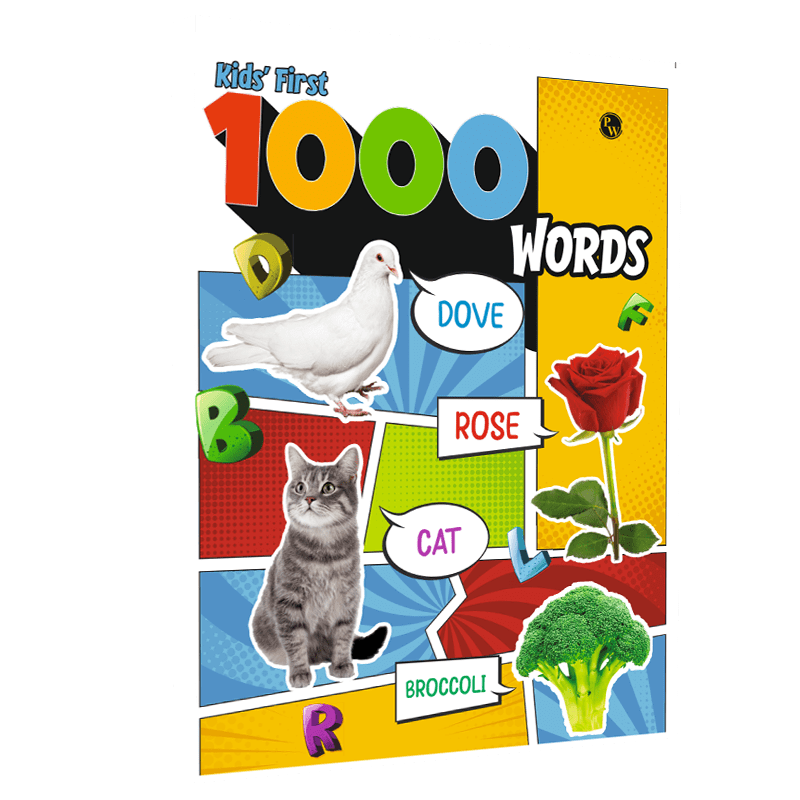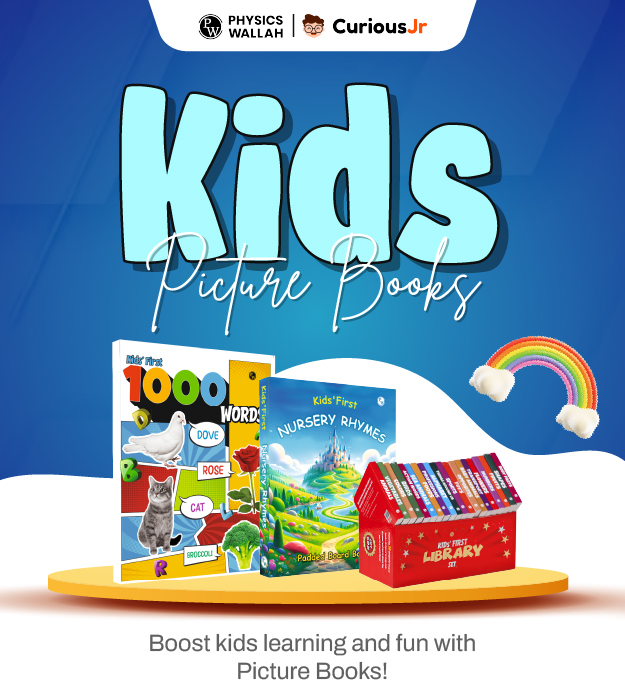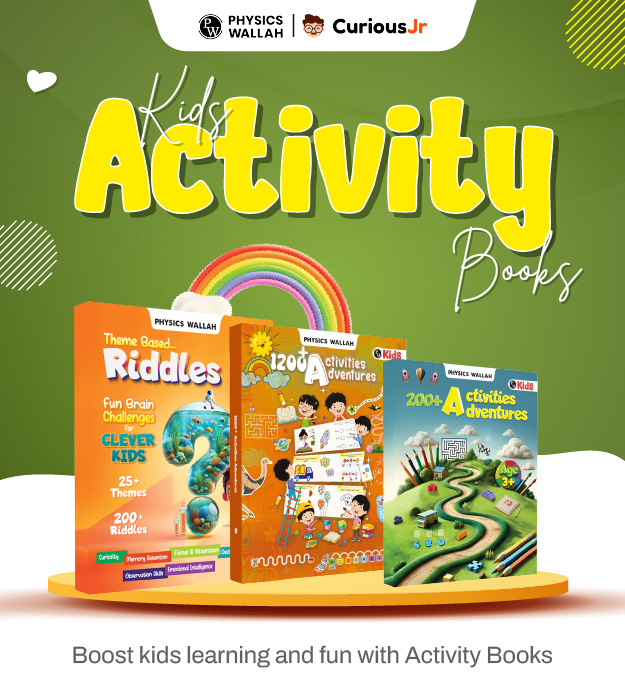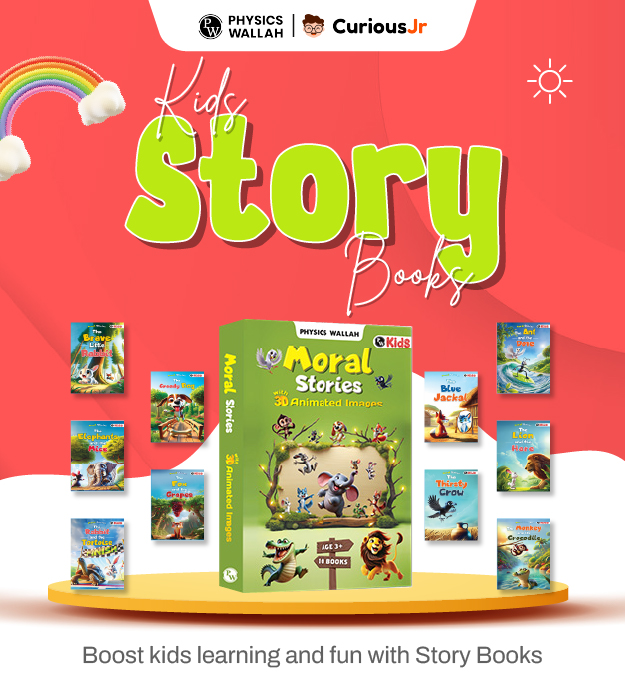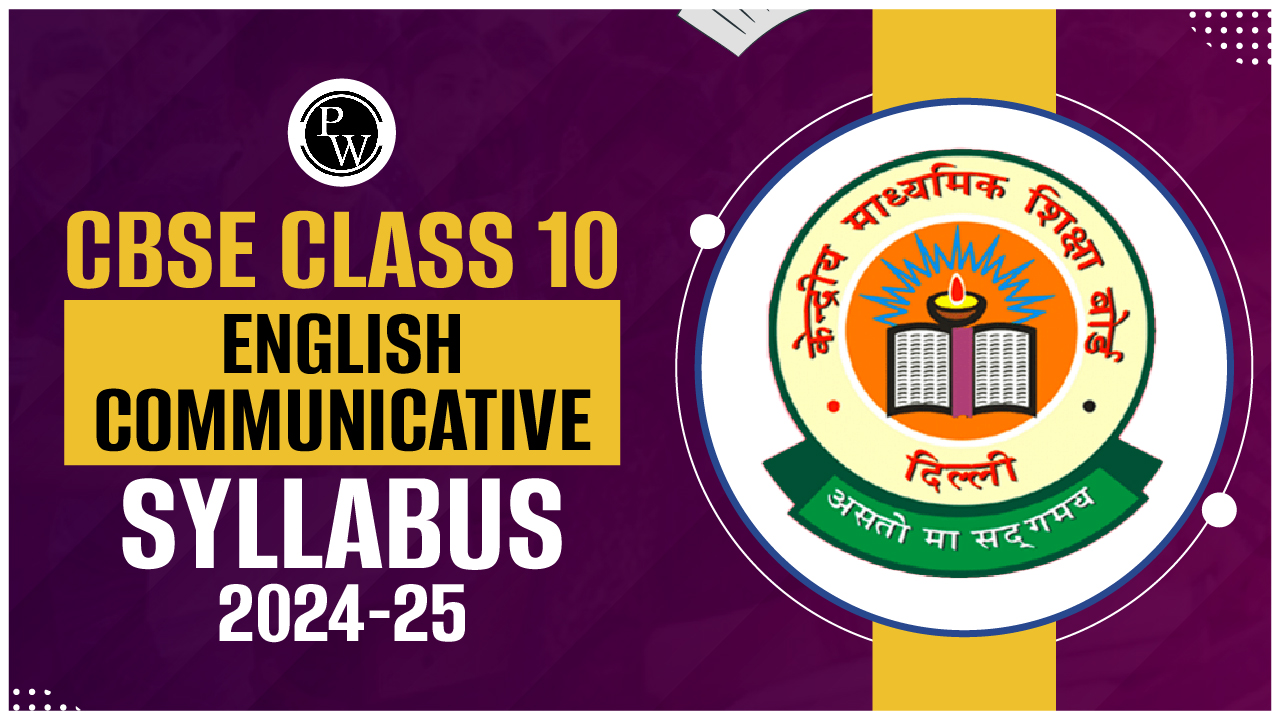50 Opposite Words in English from A to Z
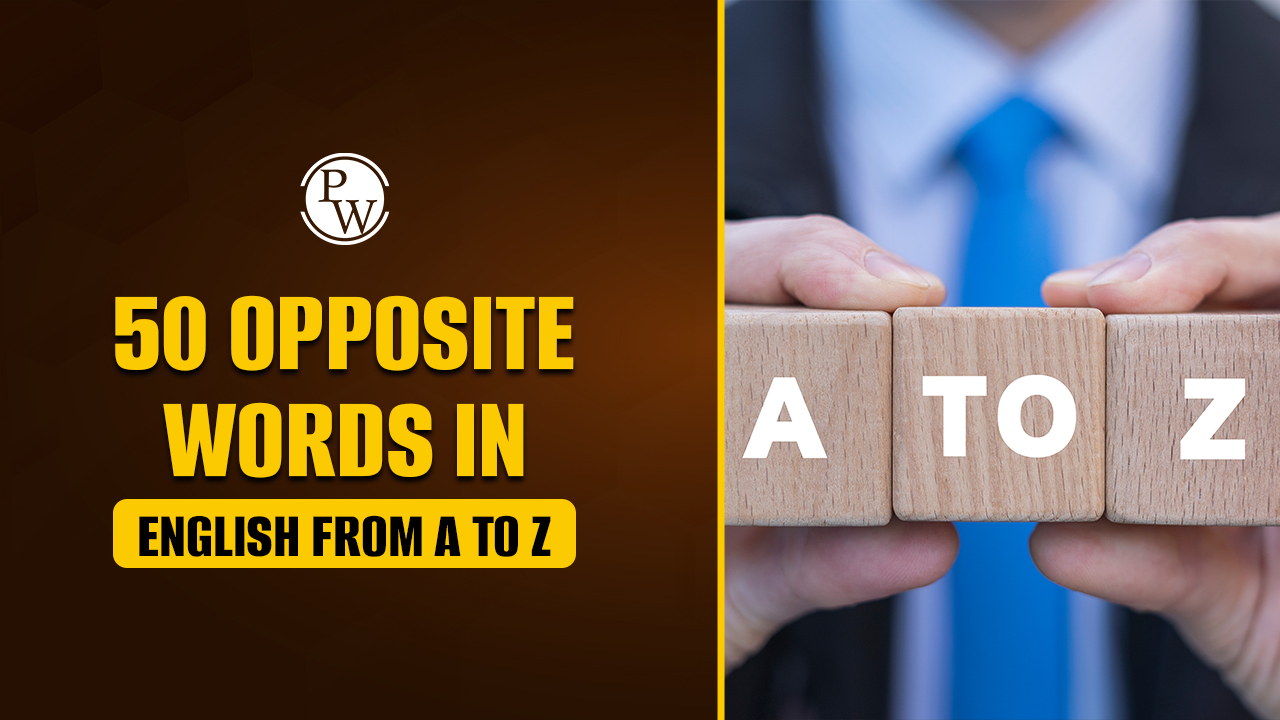
Have you ever struggled to find the right word to express the opposite meaning? Learning opposite words (also called antonyms) helps us communicate more clearly and build a stronger vocabulary. We will present 50 common opposite word pairs organized alphabetically from A to Z, perfect for students, English learners, and anyone looking to improve their language skills.
A to Z: 50 Opposite Words in English
The challenge is to compile a list of 50 opposite words starting from A to Z, and provide examples for each pair. This will give you the ability to create a sentence on your own, also enhancing your writing skills.
A
-
Accept - Refuse When your friend invites you to a party, you can either accept the invitation or refuse it.
-
Absent - Present The teacher marks students as absent when they're not in class and present when they attend.
B
-
Beautiful - Ugly Many fairy tales describe the princess as beautiful and the witch as ugly.
-
Begin - End We begin reading a book at the first page and end at the last page.
-
Brave - Cowardly The brave firefighter rushed into the burning building while others stayed back feeling cowardly.
C
-
Cheap - Expensive Fast food is usually cheap, but dining at a fancy restaurant is expensive.
-
Clean - Dirty After playing outside, the once clean shirt became dirty with mud stains.
-
Cold - Hot In winter, the weather is cold, but in summer, it's hot.
-
Come - Go Please come to my house tomorrow, and we'll go to the park together.
-
Correct - Incorrect The teacher marked correct answers with a checkmark and incorrect ones with an X.
D
-
Dark - Light The room was dark until someone turned on the light.
-
Day - Night We go to school during the day and sleep at night.
-
Deep - Shallow The ocean is deep, but a puddle is shallow.
-
Difficult - Easy Math problems can be difficult for some students but easy for others.
E
-
Early - Late I arrived early for the meeting, but my friend came late.
-
Empty - Full The empty glass was soon full of fresh orange juice.
F
-
False - True "The earth is flat" is a false statement, while "the earth is round" is true.
-
Fast - Slow Rabbits run fast, but turtles move slow.
-
Fat - Thin The fat cat couldn't fit through the thin opening in the door.
-
Few - Many There were few clouds in the morning, but many appeared by afternoon.
G
-
Give - Take It's better to give help to others than to take advantage of them.
-
Guilty - Innocent The judge declared the man innocent rather than guilty of the crime.
H
-
Happy - Sad The happy child was smiling, but became sad when her ice cream fell.
-
Hard - Soft Rocks are hard, while pillows are soft.
-
Heavy - Light A bowling ball is heavy, but a balloon is light.
I
-
Include - Exclude The party host decided to include everyone rather than exclude anyone.
-
Inside - Outside We stayed inside during the rainstorm instead of playing outside.
J
-
Join - Separate The rivers join together at one point and separate again downstream.
K
-
Kind - Mean The kind teacher helped the struggling student, unlike the mean bully who teased him.
L
-
Laugh - Cry The funny movie made us laugh, but the sad ending made us cry.
-
Lazy - Hardworking The lazy student didn't complete his homework, while the hardworking student finished early.
-
Liquid - Solid Water is a liquid that becomes a solid when frozen.
-
Long - Short The giraffe has a long neck, while the pig has a short one.
M
-
Maximum - Minimum The maximum temperature today will be 85°F, and the minimum will be 62°F.
N
-
Near - Far The school is near my house, but the airport is far away.
-
Noisy - Quiet The playground was noisy during recess but became quiet afterward.
O
-
Open - Closed The library is open during the day but closed at night.
-
Optimistic - Pessimistic An optimistic person sees the good in situations, while a pessimistic person focuses on the bad.
P
-
Pass - Fail Students who study typically pass their exams, while those who don't prepare might fail.
-
Permanent - Temporary A tattoo is permanent, but a sticker is temporary.
-
Push - Pull To open some doors, you need to push, while others require you to pull.
Q
-
Question - Answer The teacher asks a question, and the student provides an answer.
R
-
Remember - Forget It's important to remember your homework and not forget it at home.
-
Rich - Poor The rich businessman lived in a mansion, while the poor farmer had a simple cottage.
-
Right - Wrong It's right to help others and wrong to hurt them.
S
-
Safe - Dangerous Wearing a helmet keeps you safe, but riding a bike without one is dangerous.
-
Strong - Weak The strong wrestler could lift heavy weights, but the weak child couldn't.
T
-
Top - Bottom The bird sat on the top of the tree, and the rabbit hid at the bottom.
W
-
Win - Lose In every game, one team will win and another will lose.
Y
-
Young - Old Young children go to elementary school, while old people often have grandchildren.
Must Buy: Kids Activity Books
Bonus: 25 More Opposite Words in English
To complete the list of 50 opposite words in English, here are 25 more easy pairs:
-
Above / Below
-
Awake / Asleep
-
Begin / End
-
Brave / Scared
-
Buy / Sell
-
Cold / Hot
-
Day / Night
-
Early / Late
-
Empty / Full
-
Far / Near
-
Fat / Thin
-
Float / Sink
-
Forget / Remember
-
Front / Back
-
Go / Stop
-
High / Low
-
In / Out
-
Laugh / Cry
-
Lose / Win
-
New / Old
-
Rich / Poor
-
Safe / Dangerous
-
Strong / Weak
-
Sweet / Sour
-
True / False
These words are not hard to remember. If you want to start small, first learn 10 opposite words in English from this list. Then slowly move to 50 opposite words in English, and later to 100 opposite words in English. You’ll notice a big change in how you speak and write.
Check Out: Kids' First Nursery Rhymes Padded Board Book
The importance of Learning Opposite Words in English
-
Better Communication: Use opposite words in English to compare things. Example: “The glass is full, not empty.”
-
Improve Writing: Stories become vivid with contrasts. Example: “The day was bright; the night was scary.”
-
Fun Games: Play “Opposite Match” with flashcards or quizzes
Tips to Learn Antonyms in English Fast
Here’s how you can learn antonyms in English without getting bored:
1. Use a Sticky Note
Write the word on one side and its opposite on the back. For example:
Front – Hot
Back – Cold
2. Practice Daily
Pick 5 to 10 antonyms and opposite each day. Say them out loud and use them in sentences.
3. Make a Wall Chart
Stick a chart with 50 opposite words in English on your wall. Read it once a day.
4. Use Opposites in Talking
Try saying both words while you speak. Like, “This is big, not small.”
5. Try These Activities!
-
Opposite Hunt: List 10 opposite words in English from a book.
-
Draw Pairs: Sketch big elephants and small mice.
-
Story Swap: Rewrite a sentence using antonyms. Example: Change “The old man sat inside” to “The young girl ran outside.”
Learning opposite words in English from A to Z improves your language skills and helps you communicate more effectively. The 50 antonyms presented in this article cover common opposite pairs that you'll encounter in everyday conversations, reading, and writing. By understanding and using these opposite words, you'll enhance your vocabulary and become more confident in expressing yourself.
Whether you're a student, English learner, or someone looking to improve your language skills, mastering opposite words is a valuable step in your language journey. Practice using these antonyms in your daily conversations and watch your English proficiency grow.
| More Relevant Blogs for Kids | |
| Tongue Twisters in English for Kids | Rainbow Colours Names in English |
| Hindi Alphabet for Kids | Rhyming Words in English |
| 5 Letter Words for Kids | Dry Fruit Names in English |
Opposite Words in English FAQs
1. What are opposite words in English?
Opposite words (antonyms) are pairs with completely different meanings, like "hot" and "cold." They help compare ideas clearly and make language more expressive. Learning them improves vocabulary and communication.
2. Why should I learn opposite words?
Knowing antonyms helps you describe differences, like "big" vs. "small." They make conversations clearer and writing more vivid. For example, "The day was bright; the night was dark."
3. What are easy opposite words for kids?
Start with pairs like "happy/sad," "up/down," or "fast/slow." Use pictures or gestures to explain meanings. Examples: "The cat is inside; the dog is outside."
4. How do I use antonyms in sentences?
Add contrast: "The door is open, not closed." Antonyms make stories or instructions clearer, like "Press the on button, not off."
5. What are fun ways to learn antonyms?
Play matching games, sing opposite songs ("Hello/Goodbye"), or act out pairs like "sit/stand." Apps and puzzles also make learning interactive.


